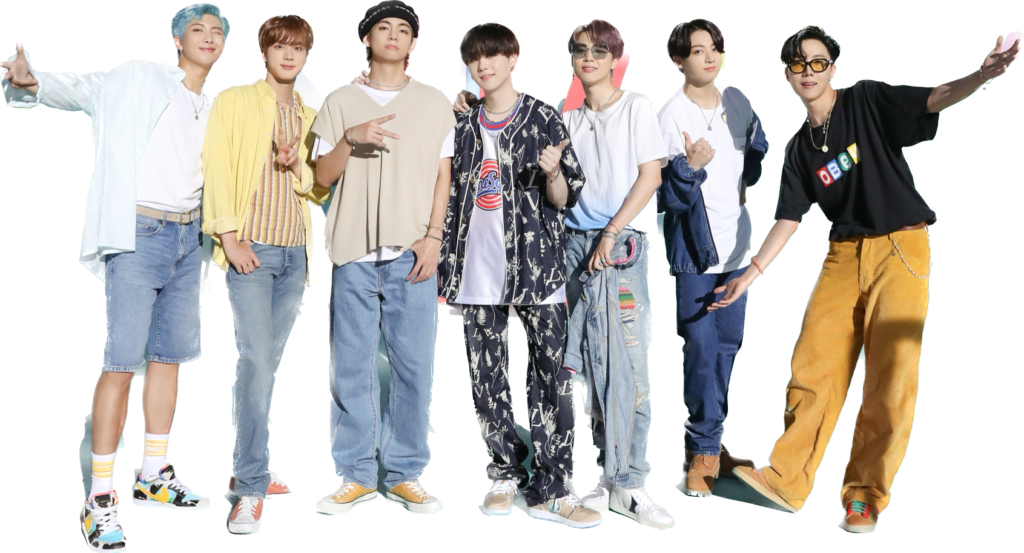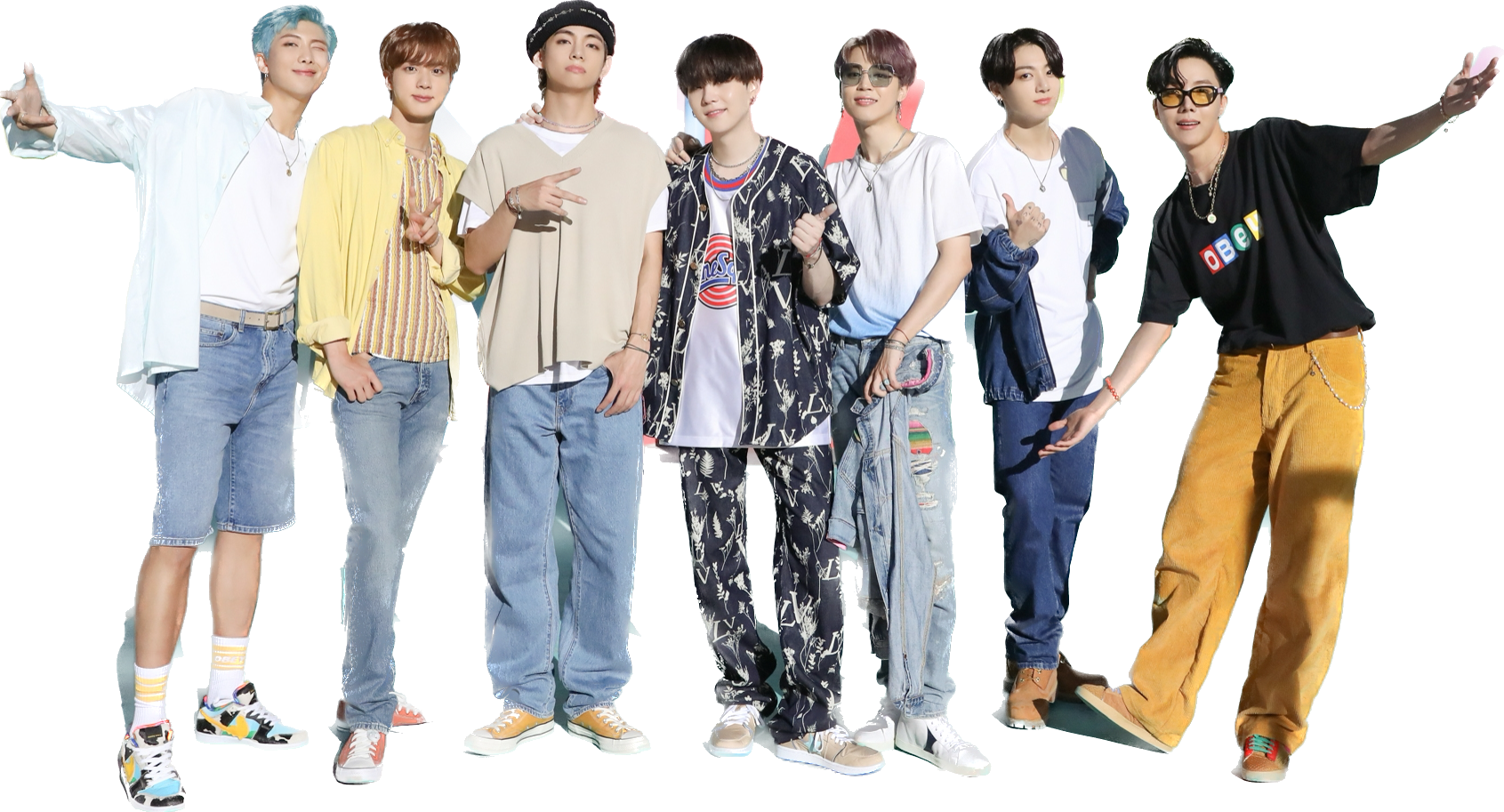“I-I-I’m in the stars tonight. So watch me bring the fire and set the night alight…” sang BTS in their 2020 all-English release ‘Dynamite’. And rocket to the stars it did: the single shot to #1 on the Billboard Hot 100 Chart upon its release, and stayed on the chart for 32 weeks consecutively. Far from the niche genre it once was internationally, K-pop artists like BTS, Blackpink, Stray Kids, and Twice now have millions of fans worldwide, raising the profile of South Korea and its glittering music industry. However, looking a little beyond the shining surface of glamorous groups reveals a cutthroat competitive culture, impossible beauty standards, toxic fandoms, and ingrained expectations of idols. With certain industry norms – like gruelling training schedules, ‘no dating’ rules, sexualisation of minors, and binding contracts – now under international scrutiny, the dark sides of K-pop are becoming impossible to ignore.
In contrast to many of the most famous Western artists who rose to fame after gaining popularity as independent singers, virtually all K-pop idols are produced by management companies, with the most successful groups coming from the ‘Big Three’ – SM, YG, and JYP. Since BTS’s rise to the top, their company HYBE has also joined these ranks. Many trainees start as young as ten years old, signing contracts at this point that bind them into the industry until adulthood if they end up debuting. For those that do make it to the stage – often at only thirteen or fourteen – they are suddenly exposed to a world of both intense support and intense criticism. Their image is entirely decided by their management company, who often put young idols in inappropriate outfits or give them ‘sexy’ choreographies in an attempt to (literally) attract adult fans. While there is more and more backlash to these cases, it seems they keep happening. Even recent girl groups like IVE and New Jeans have faced controversies over skimpy styling and double-entendre lyrics.

In the very saturated K-pop market, both new and old groups have to fight desperately to reach the top. It’s common to hear idols talk in behind-the-scenes interviews about how during promotion periods they only get a couple of hours of sleep per night, or spend 16 hours a day practising their dances. The negative impacts on their health are only compounded by the intense pressure to diet and remain in peak physical condition. Idol diets – like IU’s weight loss regimen that consists of only apples, sweet potatoes, and protein shakes – have been both criticised and much copied.
The expectation that idols stay thin (and therefore beautiful) has been a resilient mainstay of the industry over the last couple of decades, but it’s not the only manifestation of the very strict beauty standards of South Korea. Big eyes, flawless skin, and small faces are all too often achieved through plastic surgery, perpetuating naturally unachievable goals. While cosmetic enhancements are becoming more common across the globe, the prevalence of plastic surgery among idols is something that shocks a lot of international fans. Although a few are going against the grain, the majority of idols both male and female are simultaneously victims and sustainers of the standard.
Another factor complicating the career path of all male idols is the mandatory military service period of at least 18 months. Boy groups are forced to cut their activities short at what is often the peak of their career to serve their time, and simply have to hope their fans are devoted enough to wait.
All these pressures converge on the idols themselves. Understandably, mental health issues are rampant, and several high-profile idols have committed suicide over the last few years including Shinee’s Jonghyun, f(x)’s Sulli, Kara’s Goo Hara, and most recently Astro’s Moonbin in April 2023. With group members and entire fandoms left in mourning, one might hope that expectations are forced to change. But the pressure to keep achieving chart-toppers is relentless, particularly in an expanding industry that is finding almost unlimited growth in international markets.
Idols are the (ridiculously beautiful) faces of a giant industry designed precisely to profit from the intensity of fan devotion, and it’s been shown over the last couple of decades that this curated approach does work. The catchy melodies, sexy dances, and welcoming idol personalities have grown fandoms – and profits – exponentially. But next time you hear a “life is dynamite” chorus, don’t forget that it’s the shining pinnacle of a mountain of sh*t.

